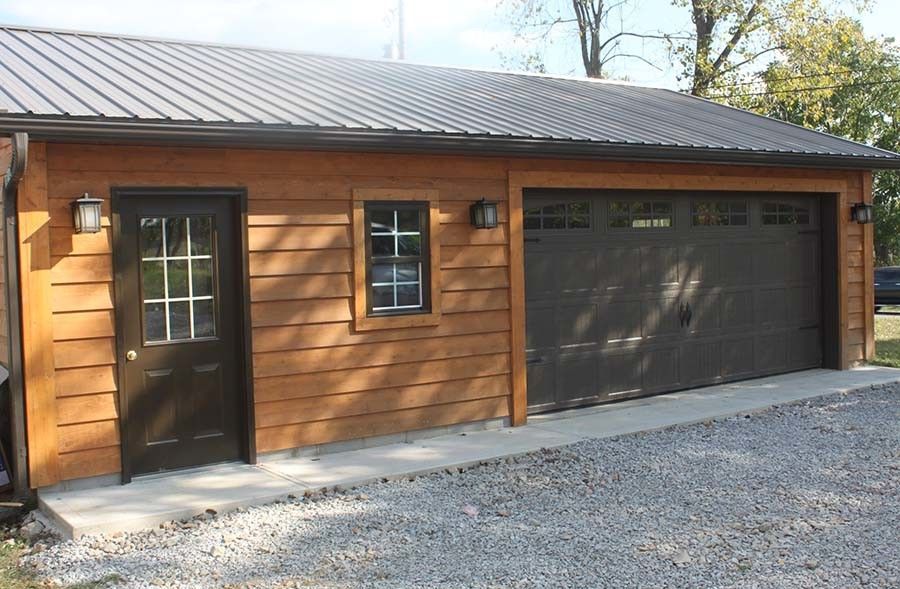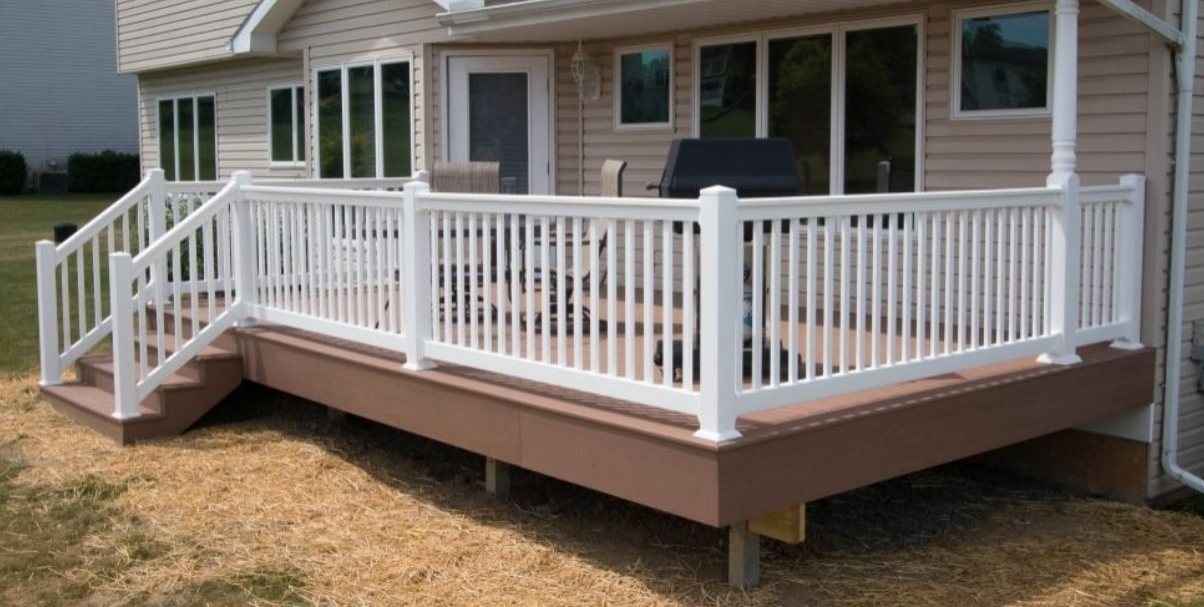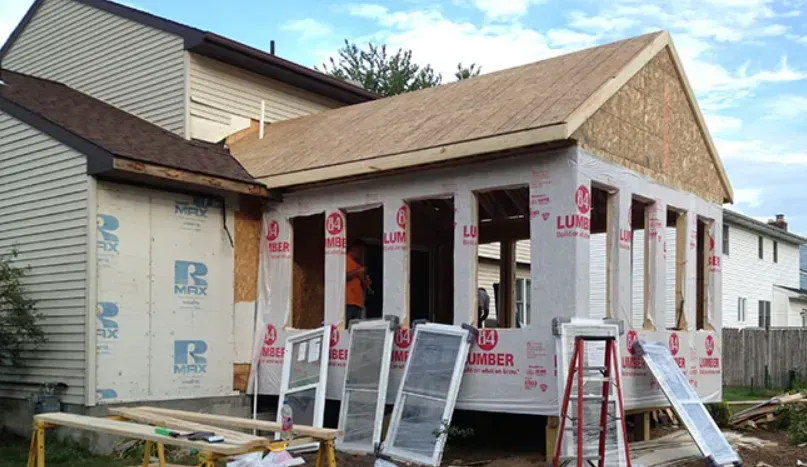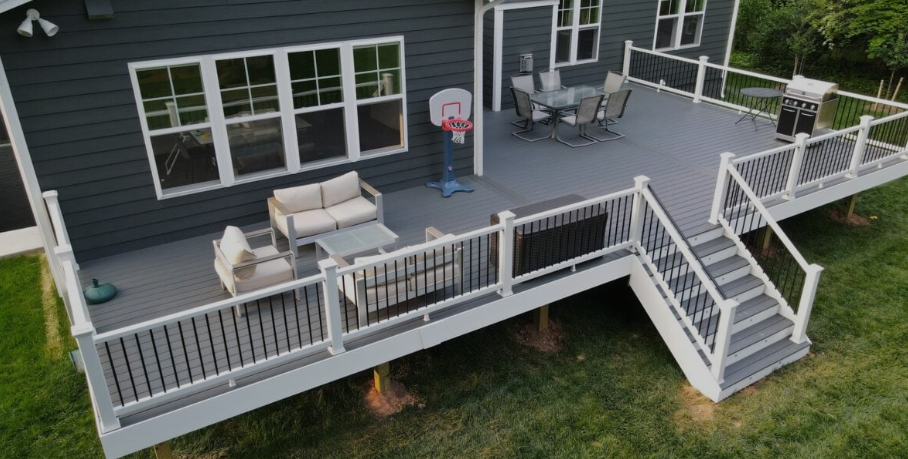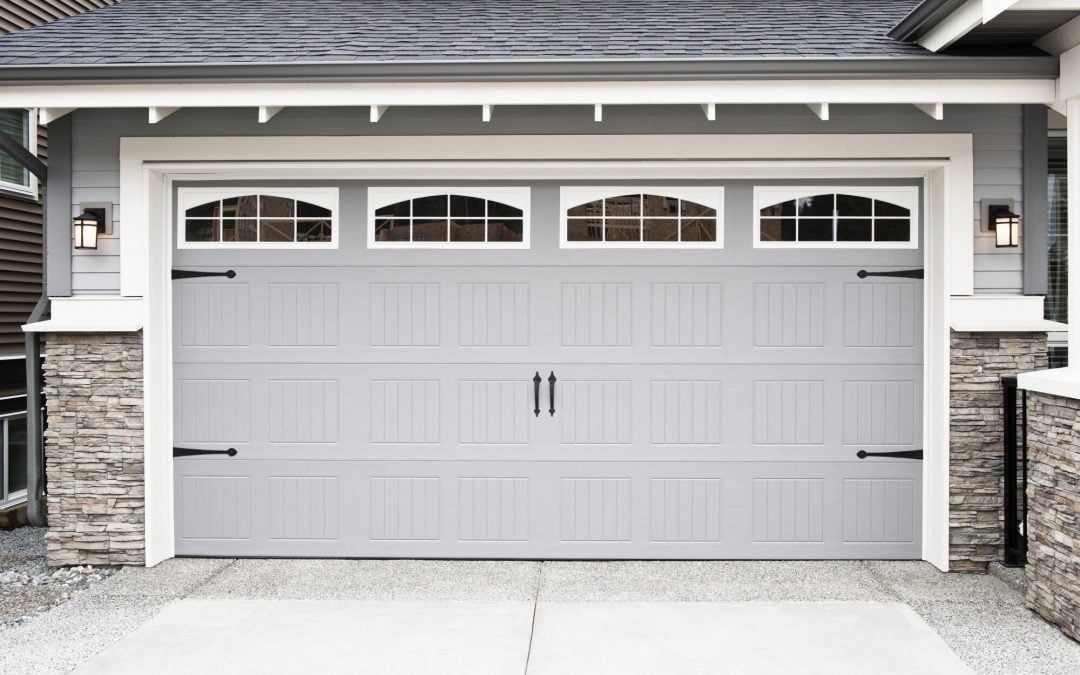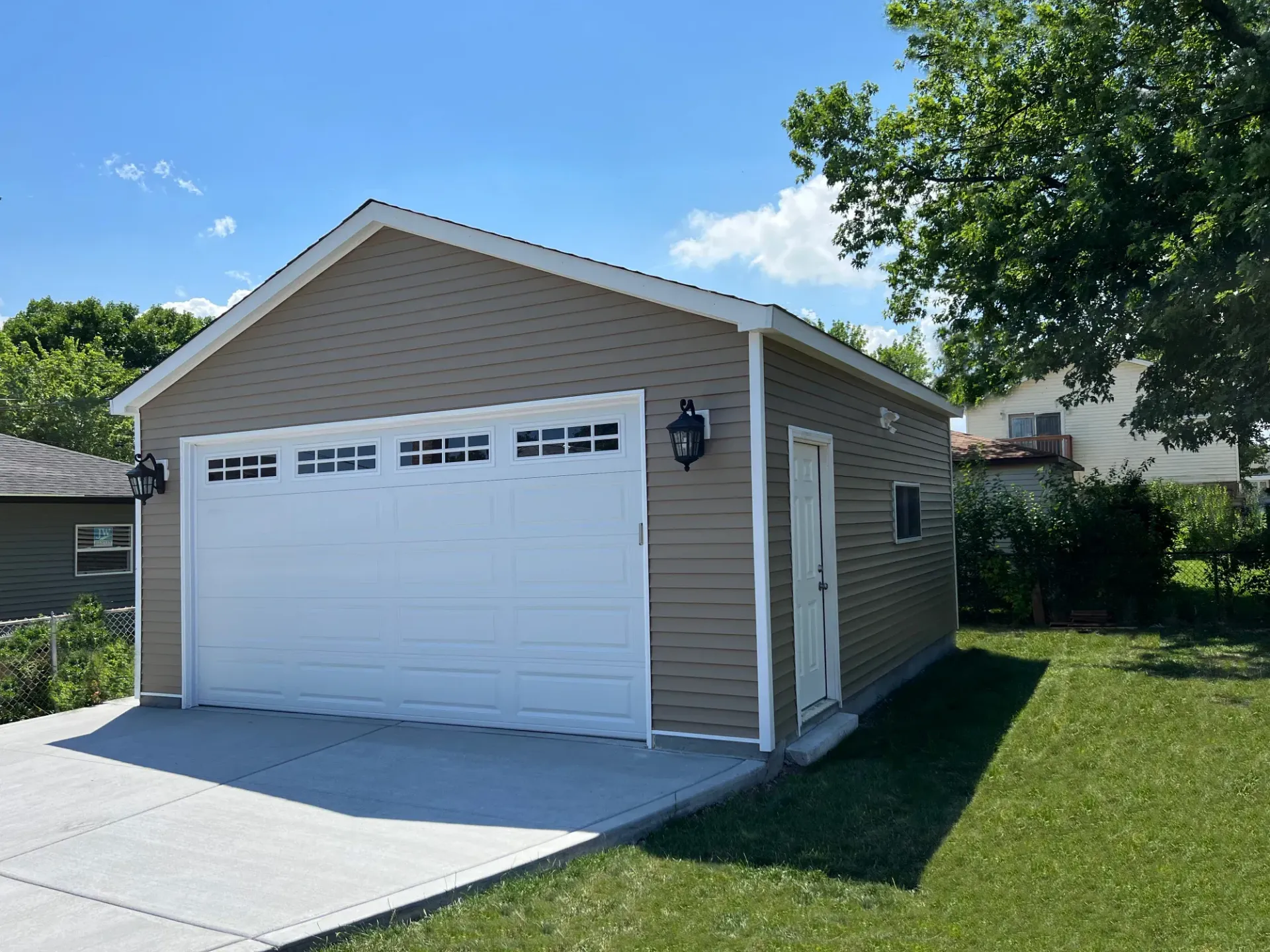Can You Put a Dumpster on the Street - Rhode Island
When planning a home renovation, construction project, or major cleanout in Rhode Island, one of the most common questions homeowners and contractors face is whether they can place a dumpster on the street. The answer isn't always straightforward, as it depends on local regulations, permits, and specific circumstances in your Rhode Island community.
Understanding Rhode Island Street Placement Rules
In Rhode Island, dumpster placement on public streets is generally allowed, but it requires proper permits and adherence to local ordinances. Each municipality throughout the Ocean State has its own set of rules governing temporary dumpster placement on public roads and rights-of-way. What's acceptable in Providence might differ from regulations in Warwick, Cranston, or Pawtucket.
The key to legal street placement is obtaining the appropriate permit from your local municipality before the dumpster arrives. Most Rhode Island cities and towns require advance notice ranging from 24 hours to several days. Failing to secure proper permits can result in fines, forced removal of the dumpster, or both - creating unnecessary delays and expenses for your project.
Providence Dumpster Placement Requirements
As Rhode Island's capital and largest city, Providence has specific guidelines for placing dumpsters on city streets. The Providence Department of Public Works requires a street occupancy permit for any dumpster placed on a public way. Applications must be submitted in advance, typically with information about the exact location, duration of placement, and the size of the container.
Providence residents and contractors should note that certain streets may have restrictions based on traffic patterns, parking regulations, or historic district designations. Downtown areas and neighborhoods with narrow streets may have additional requirements or limitations. It's always wise to contact the city's permit office directly to understand the specific requirements for your street address.
Warwick Regulations for Street Dumpsters
Warwick, Rhode Island's second-largest city, also maintains strict guidelines for temporary dumpster placement on public streets. The City of Warwick requires permits through its Department of Public Works for any obstruction of the public right-of-way, including dumpster rentals.
Homeowners planning renovations in Warwick neighborhoods should apply for permits well in advance of their project start date. The city considers factors such as traffic flow, emergency vehicle access, and neighborhood impact when reviewing permit applications. Certain residential areas may require additional notifications to neighbors or homeowners associations.
Cranston's Approach to Dumpster Permits
Cranston follows similar protocols to other major Rhode Island cities when it comes to dumpster placement on public streets. The city's ordinances prioritize public safety and traffic flow while accommodating the needs of residents undertaking home improvements and construction projects.
For those renting dumpsters in Cranston, it's essential to verify that your dumpster rental company is familiar with local regulations. Some areas of Cranston may have restrictions during certain times of day or specific days of the week to minimize traffic disruption. School zones and areas near parks often have heightened restrictions to protect pedestrian safety.
Pawtucket and East Providence Guidelines
Both Pawtucket and East Providence maintain their own permitting systems for street-placed dumpsters. These cities, like their neighbors throughout Rhode Island, balance the practical needs of residents and contractors with public safety concerns and traffic management.
In Pawtucket's historic districts and downtown area, additional scrutiny may apply to dumpster placement requests. East Providence similarly considers the character of different neighborhoods when evaluating permit applications. Waterfront areas and commercial districts may have different rules than residential neighborhoods.
Choosing the Right Dumpster Size for Your Rhode Island Project
When planning your project and considering street placement, selecting the appropriate dumpster size is crucial. For most residential projects in Rhode Island, including home renovations, roof replacements, and estate cleanouts, a 15-yard or 20-yard dumpster provides the ideal balance of capacity and footprint.
A 15-yard dumpster measures approximately 12'L x 7.6'W x 4.6'H and can accommodate up to 2 tons of debris. This size works exceptionally well for kitchen or bathroom remodels, flooring removal projects, and medium-sized cleanouts. The rental period is typically up to 7 days, with additional days available at $8 per day and extra weight at $140 per ton beyond the included tonnage.
For larger projects, a 20-yard dumpster offers increased capacity at 14'L x 8'W x 6.5'H while still maintaining a manageable street footprint. This size also includes 2 tons of disposal capacity with the same flexible rental terms. The slightly larger dimensions make it perfect for whole-home cleanouts, roof tear-offs, or multi-room renovation projects common throughout Rhode Island's diverse housing stock.
Newport and South County Considerations
Rhode Island's coastal communities, including Newport and towns throughout South County, often have unique considerations for dumpster placement. Historic districts in Newport face particularly strict regulations to preserve the character and accessibility of these cherished neighborhoods.
In South County towns like Narragansett, South Kingstown, and Westerly, seasonal considerations come into play. Summer months bring increased tourist traffic, which may affect permit approval or placement requirements. Beach communities may have additional restrictions during peak season to maintain access for visitors and residents alike.
Northern Rhode Island Communities
Cities and towns in northern Rhode Island, including Woonsocket, Cumberland, Lincoln, and Smithfield, each maintain their own dumpster placement regulations. These communities typically experience less traffic congestion than their southern counterparts, but permit requirements remain important for ensuring public safety and maintaining neighborhood aesthetics.
Rural areas of northern Rhode Island may offer more flexibility for driveway placement, potentially eliminating the need for street placement altogether. However, when street placement is necessary, advance planning and proper permitting remain essential steps in the process.
Alternatives to Street Placement
While many Rhode Island homeowners successfully place dumpsters on the street with proper permits, alternative placement options may be worth considering. Driveways offer the most convenient solution when adequate space exists, eliminating permit requirements and potential conflicts with neighbors or traffic.
Before committing to street placement, evaluate your property for driveway or yard placement options. Consider factors such as the width of your driveway, overhead clearance (watching for low-hanging branches or power lines), and ground conditions that might support a loaded dumpster. Many Rhode Island homes built in different eras have varying driveway configurations that may or may not accommodate temporary dumpster placement.
Protecting the Street Surface
Whether you're placing a dumpster on a Providence street or in a quiet Barrington neighborhood, protecting the pavement beneath should be a priority. Rhode Island's freeze-thaw cycles can make roadways particularly susceptible to damage from heavy loads.
Most municipalities require protective measures such as plywood boards or rubber mats beneath dumpsters placed on public streets. These measures distribute the weight more evenly and prevent damage to asphalt or concrete surfaces. Your dumpster rental company should provide guidance on appropriate protective measures and may supply materials as part of their service.
Timing Your Dumpster Rental
Rhode Island's weather patterns should influence your dumpster rental timing. Winter months can bring snow and ice, potentially complicating street placement and pickup. Spring and fall typically offer ideal conditions for most projects, while summer brings warm weather perfect for outdoor work but also increased traffic in many communities.
Consider how long your project will take and plan accordingly. Most rental periods accommodate up to 7 days, which suits many residential projects. However, larger renovations may require extended rental periods, and advance planning helps ensure the dumpster remains legally placed throughout your project timeline.
Working with Your Neighbors
Even with proper permits, placing a dumpster on a Rhode Island street affects your neighbors. Open communication can prevent conflicts and ensure smooth project completion. Inform adjacent neighbors about your plans, the expected duration of the dumpster placement, and any potential impacts on parking or traffic flow.
In densely populated areas of Rhode Island's cities, street parking is often at a premium. Consider how your dumpster placement might affect neighbors' parking situations and try to minimize disruption when possible. Scheduling delivery during off-peak hours and ensuring the dumpster doesn't block driveways or crosswalks demonstrates consideration for your community.
Safety and Liability Concerns
Street-placed dumpsters create temporary obstacles in public spaces, raising important safety considerations. Proper permits help municipalities track these temporary obstructions and ensure they meet safety standards. Rhode Island law generally holds property owners and renters responsible for accidents or injuries related to permitted obstructions on public ways.
Ensure your dumpster is properly lit or marked if it will remain on the street overnight. Many municipalities require reflective tape or markers on dumpsters placed in roadways. Some areas mandate warning signs or cones around the dumpster to alert drivers and pedestrians, particularly on streets with higher traffic volumes.
What Goes in Your Rhode Island Dumpster
Understanding what materials you can dispose of in your dumpster helps you plan effectively and avoid potential violations. Rhode Island maintains strict regulations regarding hazardous materials, and these cannot be placed in standard dumpsters regardless of where they're located.
Common renovation debris including drywall, lumber, flooring materials, and general household junk are typically acceptable. Concrete, asphalt, and dirt may require special handling or additional fees due to their weight and disposal requirements. Always check with your dumpster rental company about specific materials before loading.
The Role of Professional Dumpster Rental Companies
Partnering with an experienced Rhode Island dumpster rental company simplifies the permitting process and ensures compliance with local regulations. Established companies understand the nuances of different municipalities and can guide you through permit applications and placement requirements.
Professional dumpster rental services handle logistics such as delivery scheduling, proper placement, and timely pickup. They're familiar with Rhode Island's varied terrain, from Providence's dense urban streets to the winding roads of South County, and can advise on the best placement options for your specific location.
Special Considerations for Contractors
Contractors working throughout Rhode Island face unique challenges when managing multiple job sites and dumpster rentals. Building relationships with reliable dumpster rental companies helps ensure consistent service and knowledgeable support across different municipalities.
Many Rhode Island contractors maintain a rotating schedule of dumpster deliveries and pickups to keep projects moving efficiently. Understanding the permit requirements in different communities allows contractors to plan ahead and avoid costly delays. Some municipalities offer contractor-specific permits or streamlined processes for businesses regularly working in their jurisdiction.
Environmental Responsibility in Rhode Island
Rhode Island's commitment to environmental stewardship extends to waste management and recycling. When renting a dumpster, consider how your waste will be processed and whether recycling options are available for your project materials.
Many dumpster rental companies work with sorting facilities to divert recyclable materials from landfills. Wood, metal, and certain plastics from construction projects can often be recycled, reducing environmental impact. Asking about your rental company's environmental practices demonstrates commitment to Rhode Island's sustainability goals.
Planning for Success
Successful dumpster placement on Rhode Island streets requires advance planning, proper permits, and consideration for your community. Start by contacting your local municipality to understand specific requirements for your area. Research permit costs, application timelines, and any restrictions that might affect your project.
Create a project timeline that accounts for permit processing time, typically ranging from a few days to a week in most Rhode Island communities. Factor in the rental period and potential need for extensions. Coordinate with your dumpster rental company to ensure delivery timing aligns with your permit approval and project schedule.
Common Mistakes to Avoid
Many Rhode Island residents encounter problems with street-placed dumpsters due to common, avoidable mistakes. Failing to obtain proper permits tops the list, potentially resulting in fines or forced removal. Underestimating project duration can leave you scrambling for permit extensions or additional rental days.
Placing dumpsters too close to intersections, fire hydrants, or crosswalks violates most municipal codes and creates safety hazards. Blocking sidewalks or forcing pedestrians into the street raises liability concerns and may trigger complaints from neighbors or enforcement action from the city.
Making an Informed Decision
Deciding whether to place a dumpster on the street in Rhode Island involves weighing multiple factors including permit requirements, project needs, available space, and neighborhood considerations. For many homeowners and contractors, street placement offers the most practical solution, particularly in older neighborhoods with limited driveway access or narrow side yards.
The convenience of easy access for loading debris often outweighs the additional steps required for permitting. Professional dumpster rental companies can streamline the process, handling much of the paperwork and ensuring compliance with local regulations. Their experience with Rhode Island's diverse municipalities provides valuable guidance throughout the rental period.
Getting Started with Your Project
Ready to move forward with your Rhode Island renovation, construction project, or cleanout? Understanding dumpster placement regulations is an important first step toward successful project completion. Whether you're tackling a kitchen remodel in East Greenwich, a roof replacement in Bristol, or a whole-house cleanout in Middletown, proper planning sets the foundation for smooth execution.
For expert guidance on dumpster rentals, permit requirements, and placement options throughout Rhode Island, contact Rockhouse Disposal. Our knowledgeable team understands the unique regulations of communities across the Ocean State and can help you select the right dumpster size for your project.
From compact 15-yard containers perfect for smaller renovations to spacious 20-yard dumpsters for major undertakings, we provide reliable service with transparent pricing - $475 for 15-yard dumpsters and $540 for 20-yard dumpsters, both including 2 tons of debris and up to 7 days rental.
Reach out to us today to discuss your project needs and ensure your dumpster rental experience is hassle-free from start to finish.
